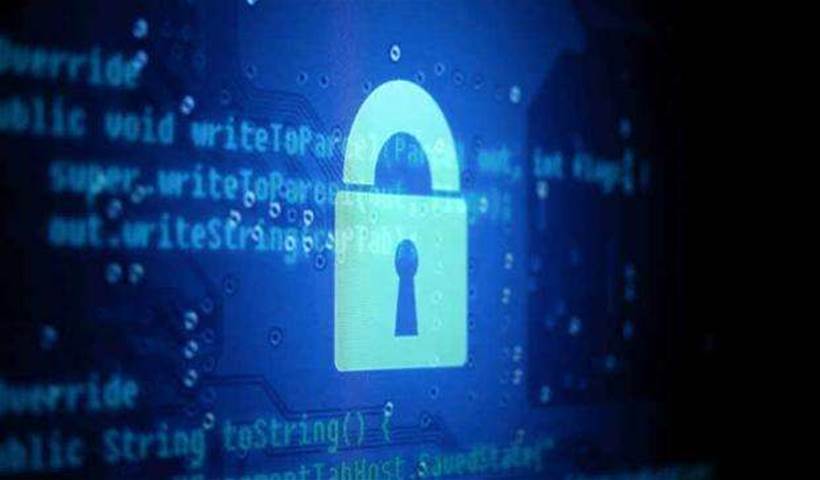Mathematics lecturer Daniel Mathews is concerned broad-brush laws to come into effect next year will criminalise teaching about encryption.
The Monash University lecturer stirred up significant interest in the ambiguities of the Defence Trade Controls Act with an opinion article in The Conversation a fortnight ago that went viral.
The Act regulates the supply of “goods considered important to national defence and security” to anyone outside Australia, Mathews wrote.
One of those goods is encryption.
The word ‘supply’ is ill-defined, to the point where simply explaining encryption to someone – such as a student, a colleague or a researcher – could open a person to criminal penalties.
“This is a terrible law which has been passed, which is an assault on some very basic freedoms and makes a lot of very innocuous things potentially criminal,” Mathews told Information Age.
“Who could really believe that the mere teaching of encryption could be made criminal in a supposedly liberal democracy like Australia?
“But it turns out that, although there are several qualifications and the laws are complicated and uncertain, there are indeed very many plausible situations in which teaching of encryption would quite arguably be covered.
“It's important to do something about it before the criminal offence provisions come into operation.”
Is it fixable?
Mathews is one of a growing number of voices attacking the Defence Trade Controls Act (DTCA) and some inclusions on the list of products it regulates (which is known as the Defence and Strategic Goods List, or DSGL).
“What I wrote builds on the work of many people who have been working on the issue for a long time, from political parties like the Greens and the Pirate Party, to civil liberties organisations, to activists like Asher Wolf, to academics like my colleagues at Monash Kevin Korb and Carlo Kopp,” Mathews said.
He sees the Act in the context of a “broader attack on basic freedoms” that has accelerated since 2001.
“We've seen attacks on privacy, civil liberties, journalism and the rule of law itself over many domains,” he told Information Age.
“This, sadly, has been a losing battle on most fronts [and] we continually need to think about how best to fight and struggle on these issues.
“I think this particular law, being so ridiculous, is a good place to draw a line and fight hard for an improvement, and perhaps even start to turn the political tide on these broad issues.”
He believes that, with sufficient pressure, changes to the definition of encryption and other products on the list - and to the law that governs it - are possible, though he holds some reservations on how much either can be fixed.
“If you're going to make regulations about science and technology, you need to be right on top of the latest developments, and it seems clear to me that the DSGL is very much not. Can that aspect be fixed? It would take a huge bureaucratic effort. Is it worth it? I'm not sure,” he said.
“There's also a question whether the DTCA - the law governing the DSGL - is fixable.
“There are certainly some easy amendments that would improve it, like inserting a broad exemption for educational activity such as in the UK or US. But I think it's worth asking whether the whole approach there is the right one.”
A question of trust
Mathews noted comments by Defence that the law won’t be applied unreasonably.
“I have no doubt that they honestly think so,” he said.
“But the intent of officials now, and even their current policy documents, are worth nothing if the law says something different.”
Even if one disregards the worst interpretations of the law, Mathews said the text was “at best dangerously uncertain”.
“Having such a law on the books is an invitation to abuse if a government needs a law to punish someone they don't like,” he said.
“I don't think that uncertainty should be left hanging until it's resolved in a criminal appeals court.”
Mathews believed that uncertainty should be resolved in the law itself, rather than in explanatory memoranda, policy documents or FAQs.
While there have been attempts by Government recently to rely on memoranda to clarify the reach of laws, Mathews saw this type of approach as being “worth very little”.
“A court can refer to the explanatory memorandum when interpreting a law, but that will usually bear less weight than the meaning of the actual words in the law, the scheme of the law, standard canons of statutory interpretation, and so on,” he said.
“A bureaucratic document, even less so.”










